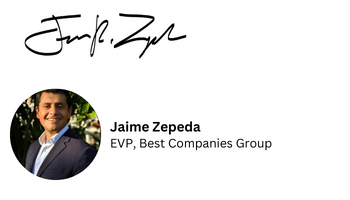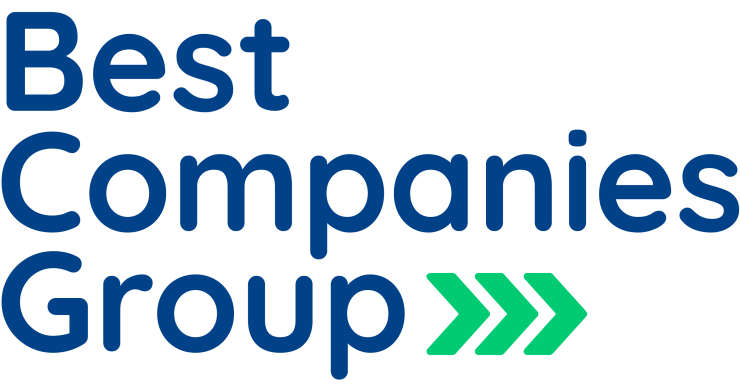Navigating the corporate landscape has always been challenging, but recent years have seen a seismic shift in what employees expect from their workplaces. The term ‘toxic’—from relationships to behaviors—has become a lexicon staple, defining environments that are not just challenging but detrimental to personal and professional well-being. A study found that 1 in 5 employees who leave their employers do so because of how toxic their culture was.
A Wake-Up Call for Corporate Culture
Amidst these evolving workplace dynamics, the role of Human Resources (HR) is undergoing a crucial transformation. As guardians of workplace culture, HR professionals are pivotal in steering organizations away from toxicity that costs U.S. companies a staggering $223 billion in five years due to employee turnover.
The era known as the Great Resignation highlighted this shift dramatically. From 2020 to 2022, over 50 million Americans left their jobs, driven by the pandemic to seek roles that better align with their values, promise respectful treatment, and offer improved conditions such as remote work. This mass exodus was not just about dissatisfaction with salaries or advancement opportunities but a profound statement against systemic toxicity—where disrespect and undervaluation are the norms.
However, identifying a toxic environment is complex. What one might tolerate, another finds unbearable. Signs of such environments include not just the overt, like direct bullying, but subtler indicators like poor productivity, an aversion to change, invasive contact outside working hours, and a pervasive lack of trust among team members. Remarkably, 43 percent of workers fear that disclosing mental health issues could jeopardize their careers, despite overwhelming numbers reporting work-related stress and emotional exhaustion.
HR’s Role in Cultivating a Positive Workplace
HR’s evolving role is to cultivate an environment where such fears are unwarranted; where transparency, respect, and support are foundational. This includes advocating for policies that respect personal boundaries, encourage regular breaks, and foster a culture where taking time off is not only accepted but encouraged.
To avoid jumping from one adverse environment to another, prospective employees are advised to conduct diligent research into potential employers. Reaching out to former employees or scrutinizing a company’s social media engagement can reveal much about the true culture of an organization.
In this journey, HR must lead by example, embodying the principles of a healthy workplace culture. They must be facilitators of change, ensuring that the workplace is not just a place of employment but a space where respect and well-being are at the forefront of company policy.
As we continue to advocate for better workplace environments, remember that the role of HR is not static; it is one of continuous evolution and redefinition. By fostering an atmosphere of support and respect, HR can help ensure that the workplace is a setting for both professional success and personal growth.
Let’s commit to making toxic workplace cultures a relic of the past, and usher in an era where the health of a workplace culture is as important as the bottom line.
Only the Best,

P.S. Are you proud of your workplace? It is time to get recognized for it. Our Inclusive Workplace program recognizes employers that walk the talk. Register today!

